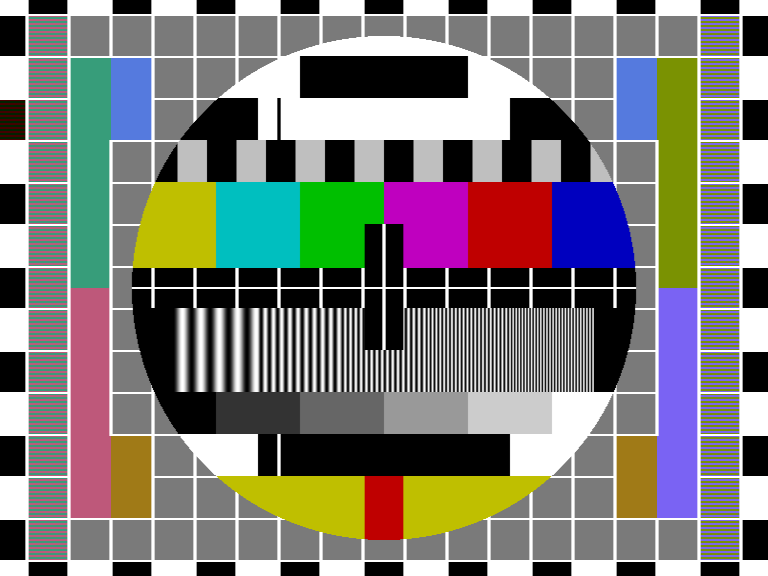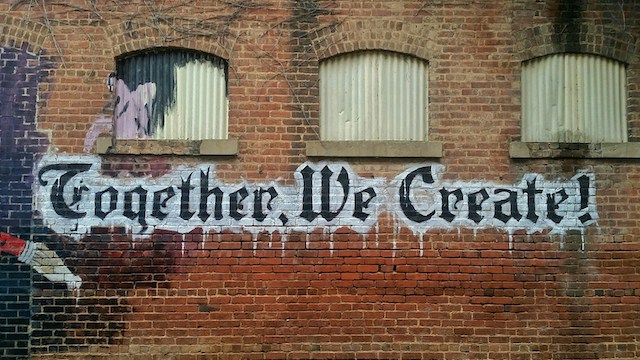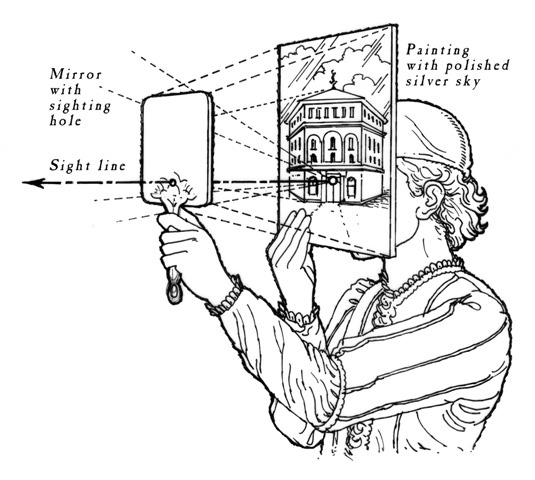Journal
Articles
Blackheath mating rituals
Clouds ripple, sunshine splashes, a white dove tests its wings. Bella and Houdini are hanging clothes on the line of the...
hearth
yes, one day, finally, it will all fall away like all dead things we will sit again by the campfire story illuminating...

Post-apocalyptic parenting
How does one balance raising children with a sense of wonder and innocence in a world that’s just waiting for them to get hot/legal/sign up to the heterodoxy? As their mother I reserve the right to irrevocably damage them. It’s my job to give them some good therapy fodder in case future them have any money to spare after buying future air and water.

Beyond Bluey
What I want to explore instead is a recurring question for Australian producers who are trying to ensure that Australian stories – like Bluey, like Fisk, like Colin – continue to be made. And that question is… What are we good at?

A fair game for all
When a disabled writing student tells me they won’t submit their work for publication because they fear being rejected for not being enough, I always find myself wishing that the publishing industry had the time and empathy to reply more thoroughly to these marginalised voices.

Nothing about us without us
This emphasis on economics erases the very reason the NDIS exists: disabled people. We are more than budget estimates or figures on a spreadsheet. The value of our lives should not and cannot be reduced a monetary figure.

John Williams makes me get something in my eye
With just a few notes I can feel excited, thrilled, scared, sad, melancholy, soaringly happy and optimistic – I could go on. Frankly, I didn’t even know I came with those as factory settings, let alone being able to activate them with a few bars of music.

Motherhood and Madness
Some of us mask our Madness to avoid detection, but hiding takes its toll. Becoming a parent adds layers of complexity to managing one’s mental stasis: it can be terrifying to realise that you are responsible for the health and wellbeing of a tiny, precious human.

Believe it or not
Cultural critic Chuck Klosterman reminds us that ‘any present-tense version of the world is unstable. What we currently consider to be true – both objectively and subjectively – is habitually provisional.’

Staying faithful to Earth
It is a startlingly new discovery that there are more planets than stars in our galaxy. Even if early astronomers (like Kepler) intuited that other suns must have planets, we didn’t have definitive proof until very recently that our solar system is not unique in consisting of planets orbiting a star. The first exoplanet was confirmed in 1992; the first exoplanet around a star similar to our sun was discovered in 1995. The latest count is over 5,000 and growing. Discoveries have stacked up so fast that astronomers and astrophysicists who used to know each individual exoplanet by name now say it’s impossible to keep track of those that exist in just one small part of the Milky Way, with thousands more expected to be found in the coming years.

The power of a curse
My father was mercurial, difficult to please and often critical of his children: but he would have killed anyone who laid a hand on us. And so, knowing I was upset, he showed me what to do.
‘Lick your thumb,’ he said, ‘and place it on the review…’
An effective curse, he went on to explain, should be proportionate. So, for instance, declaring to the author of that book review I hope you die would be ineffective – all it would do was prove that I did not have the power of life and death. ‘Think about it for a bit if you have to.’
I licked my thumb and placed it on the review. I closed my eyes and thought of the journalist who wrote it, and I said to myself, may you never publish a first novel as successful as Crazy Paving.

Adventures in the apocalyptic style
It's easy to laugh at preppers, dismissing their ideas in the process. It’s also easy to adopt the prepper worldview wholesale, and make fun of everyone else – all those sheeple – for not seeing what a mess we’re really in. It’s harder, but ultimately more productive, to see prepping as a complex, contradictory response to the multiple crises the world is facing. Prepping is more than just a freakshow, although it is that. And prepping is more than a useful instructional manual, although it is that, too. Neither wholly reasonable nor wholly ridiculous, prepping culture is a vivid and alarming reflection of a contemporary Anglophone culture that exists in a state of perma-crisis and can find only simple answers to wicked problems.